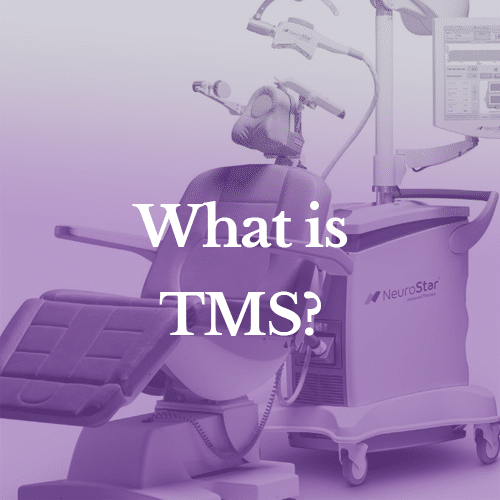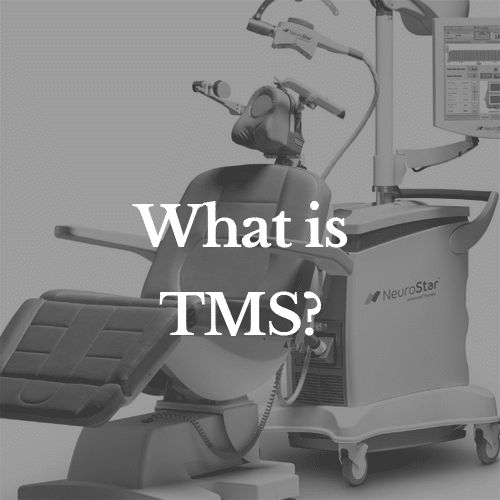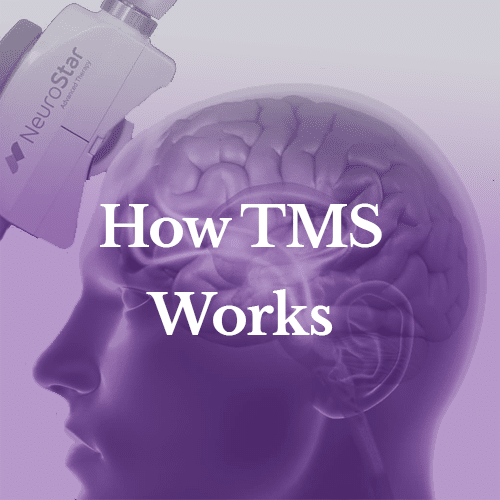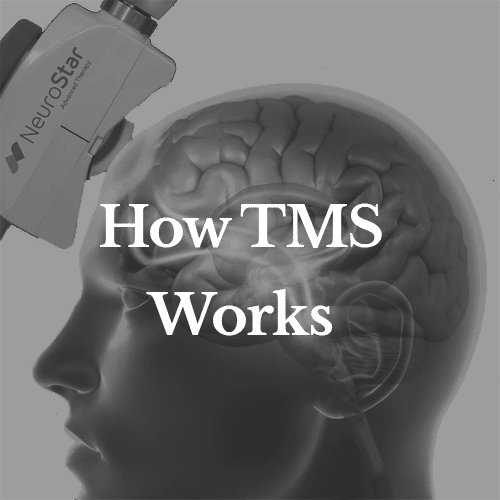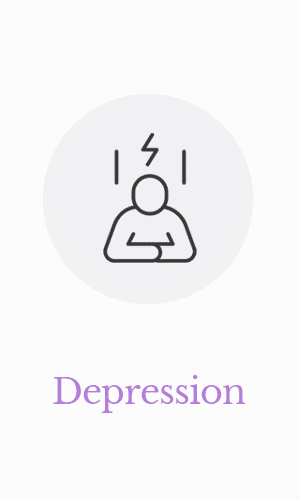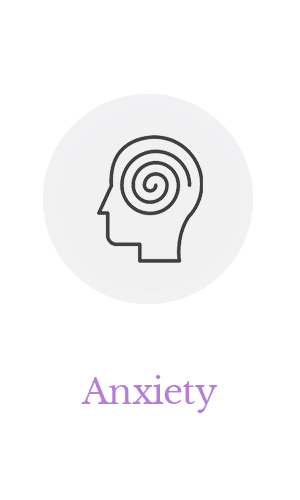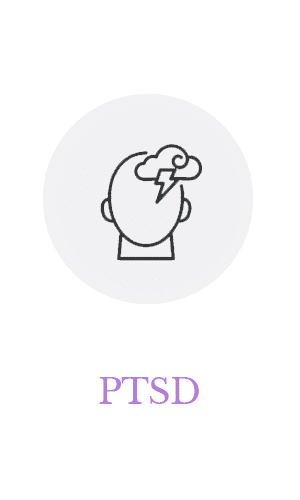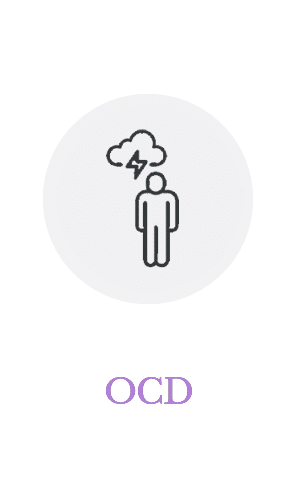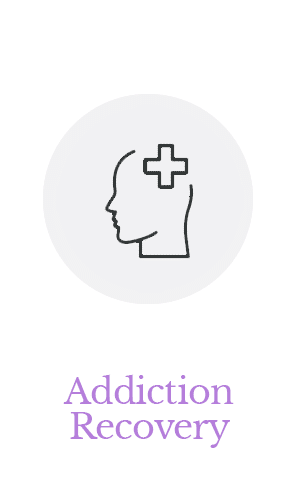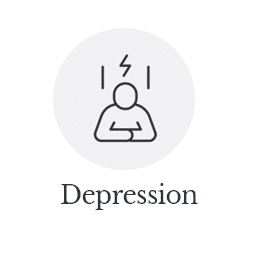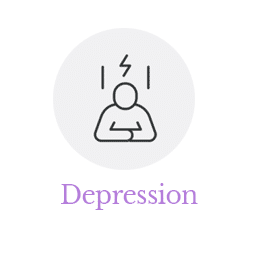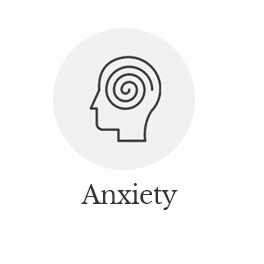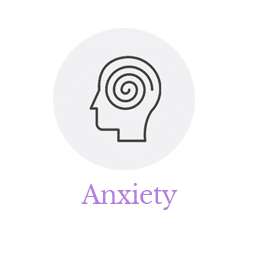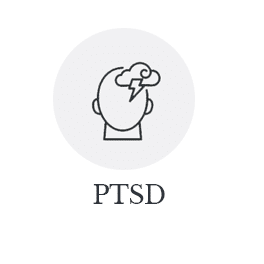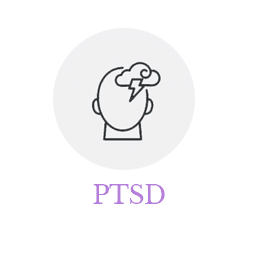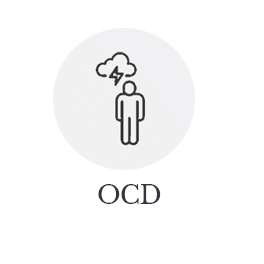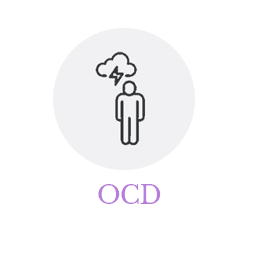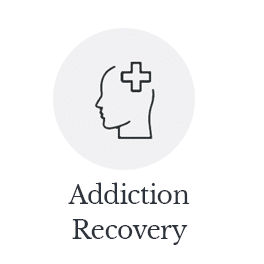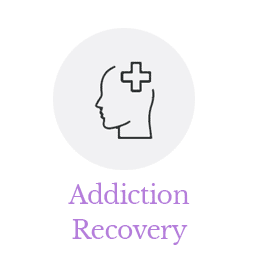There are many facets to depression. One thing that many people with depression experience is self-sabotage. People with mental health struggles may find it hard to avoid sabotaging their daily lives.
This happens when people undermine themselves. They do things that prevent them from being successful. For example, they might decide to skip class, knowing this action will result in a lower grade. Or they might reach for a bottle of alcohol to cope with stress. Some will reach for alcohol even though they know the negative consequences.
While some self-sabotaging behaviors are conscious, like the ones above, others are not so obvious. People may self-sabotage based on the negative thoughts and feelings they experience regularly.
Many people exhibit self-sabotaging behaviors without even realizing it. They might not recognize their actions are why they failed on a project or lost a job.
Getting to the root of self-sabotage is essential for anyone managing their depression. Someone can’t succeed when they continually do things that cause them to fail. It is essential to reframe thought patterns to break the cycle of depression and patterns of self-sabotage.
What is Depression?
People with depression are not the only ones who exhibit self-sabotaging behaviors. However, it is likely that someone with depression with self-sabotage in different ways.
Depression can cause persistent feelings of sadness and the propensity to withdraw from daily activities. This mental health disorder can lead to challenges with doing enjoyable activities and things needed to function. Some examples include getting out of bed, going to work, or conversing with the people around them.
There are many different causes of depression, including chemical imbalance, family history, physical illness, and medication side effects. Experiencing certain traumatic events can also lead to depression. In addition, pregnant women can experience pre-natal depression, which can impact their mood.
Self-sabotaging and depression are often correlated. People with depression are likely to take action or avoid things that could benefit them. A person with depression may decide to cancel a therapy appointment or skip a dose of their medication. This action can have a ripple effect that negatively affects the rest of their day.
What are Self-Sabotaging Behaviors?
Self-sabotage can exhibit itself in many ways. Anything an individual does to undermine their success or potential can be considered self-sabotaging behavior.
Here are some examples of self-sabotaging behaviors:
- Putting off making an important decision
- Procrastinating on an important project, conversation, or task
- Not feeling motivated to do something, knowing that a lack of action will result in negative consequences
- Doing something that will have detrimental consequences, such as using substances, making risky decisions, or talking to a toxic person.
- Avoiding doing something because of a crippling fear of failure
- Talking negatively about oneself, either alone or to others
- Eating unhealthy foods, knowing they will only make the person feel worse afterward
People with depression may demonstrate self-sabotaging behaviors at one point or another. They may also do other things that hinder their ability to live their life to the fullest.
Why Do People Participate in Self-Sabotaging Behaviors?
People who self-sabotage, especially those who are depressed, often suffer from a lack of self-esteem. They may feel they will never be good enough, so they do things to ensure their failure.
This can lead to a self-fulfilling prophecy. People think they are not good enough to do something, so they exhibit behaviors that ensure they fail. Their failure signals their initial assessment was correct, so they keep displaying the same self-sabotaging behaviors.
This cycle can continue for years. Often, a family member or friend can step in and point the self-sabotaging person in another direction. In many cases, though, the person who is depressed needs to realize what they are doing so they can course correct.
Depression & Self-Care
Living with depression can feel like fighting an internal battle every day. One way to help ease the symptoms of depression is by practicing self-care. When a person feels better, they are less likely to exhibit self-sabotaging behaviors.
To be effective, self-care needs to be viewed as a lifestyle, not a one-off event. Here are some things people with depression can do to practice self-care and feel more like themselves.
Getting Enough Sleep
Getting enough sleep is vital for everyone, especially those battling depression. The human body needs sleep to repair and restore itself properly.
People with depression should establish a bedtime routine that includes turning off electronics an hour before bed. They should aim to get to bed early enough to get at least seven hours of sleep. It is also helpful to keep the room cold and dark while sleeping.
Eating Right
Eating healthy is essential for keeping the body and brain functioning as they should. Research shows that nutrients such as folate, magnesium, potassium, iron, and others can help treat depressive disorders. Some foods that can help combat depression include leafy greens, peppers, lettuce, oysters, and cruciferous vegetables.
Rethinking Relaxation
Turning on the TV or scrolling through social media to relax is tempting. However, these actions could make people with depression feel worse.
There are other ways to relax that can be more beneficial. Some activities to try include:
- Reading
- Going for a walk
- Being in nature
- Practicing gentle yoga
- Taking a relaxing bath
TMS for Depression
Finding ways to treat depression symptoms is another form of self-care that can have lasting results. For example, transcranial magnetic stimulation (TMS) can help people with depression who are not having success with other treatment options.
TMS is an FDA-approved treatment option for people with treatment-resistant depression. It works by increasing activity in specific areas of the brain that control a person’s move. It uses magnetic waves to stimulate and activate nerve cells in the brain.
This non-invasive treatment has improved depression symptoms in just a few weeks. It is an excellent option for people trying to manage their depression symptoms, including women with prenatal depression. Because it is non-invasive and drug-free, TMS is a safe alternative to other therapies for pregnant women. Get in touch with Inland Empire TMS to learn more about TMS and begin your self-care journey.

